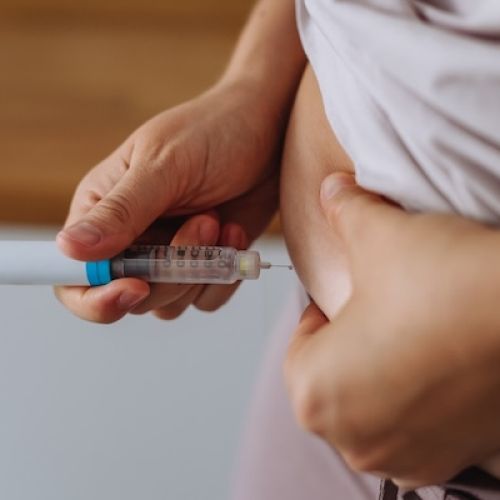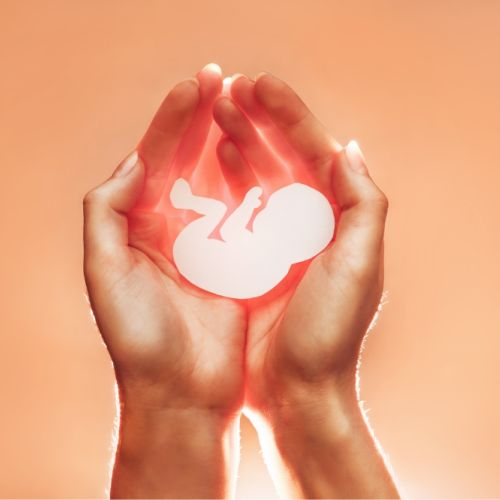At What Age Does Fertility Decline?

The average age of planning to get pregnant is increasing. Fertility is at its peak during a time when many women aren’t ready to think about having a baby. Different women have different reasons for wanting to postpone pregnancy such as being focused on their careers or their education or feeling like they haven’t found their life partner. Many women don’t realize that the passage of time can make it more difficult to get pregnant. At what age does fertility decline?
Peak Fertility
Fertility is the ability to get pregnant, and it’s at its peak in your late teens through your twenties. Fertility starts to decline by the age of 30 and by the time you’re 35, fertility is rapidly decreasing. The reason this happens is because women are born with all the eggs they’ll have during their lifetime. One or more eggs is lost every month during menstruation.
Women who are interested in getting pregnant at a later age such as 40 to 45 have a much lower supply of eggs than they started with, and the quality of the remaining eggs has declined. By the mid-40s, many of the eggs that remain have chromosomal abnormalities. Because of these abnormalities, the eggs may not allow fertilization and if a woman does conceive, she’s at high risk of miscarriage.
Declining Egg Quality
As you get older, your remaining number of eggs continues to decrease because losing eggs is part of the aging process. The rate that eggs decline varies from one woman to another. Age isn’t the only reason this happens. Both genetics and environmental factors can affect this rate of decline.
Throughout a woman’s life, medical conditions and lifestyle choices may have an impact on egg quality. Exposure to cigarette smoke and environmental toxins can damage eggs and cause them to decline rapidly. Heavy alcohol consumption and obesity may also affect egg quality.
Men and Fertility
You may have heard of men who father children well into old age, but that’s not common. Men aren’t born with all their sperm. Instead they continue to produce fresh sperm each day. That doesn’t mean that a man’s age has no impact on pregnancy, because men who are over the age of 40 to 45 may produce fewer healthy sperm than a younger man. Men over the age of 40 may have a harder time successfully fathering a child that they would at a younger age.
Your Biological Clock
As you age, so do your ovaries and your eggs. Women who want to postpone pregnancy should recognize that their best chance of having a healthy pregnancy is before the age of 35. If you want to postpone pregnancy later than that, consider freezing your eggs. By doing this, your eggs stay as healthy as possible rather than continuing to age and may be able to be used later when you’re ready to try to have a baby.
Get in touch with the experts at the Center for Reproductive Health to learn more about how aging contributes to declining fertility and to find out how to give yourself the best chance of having a healthy pregnancy.




